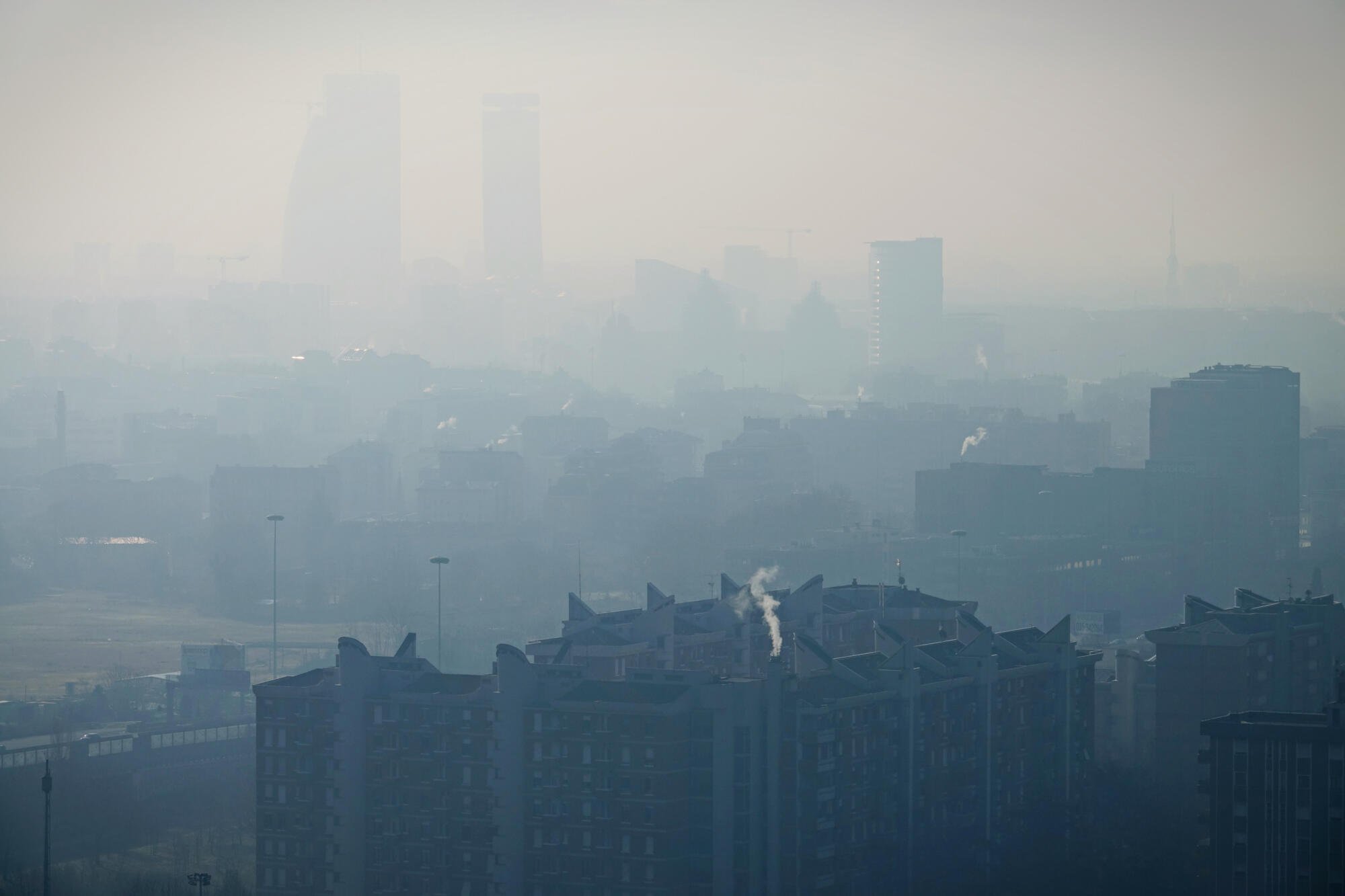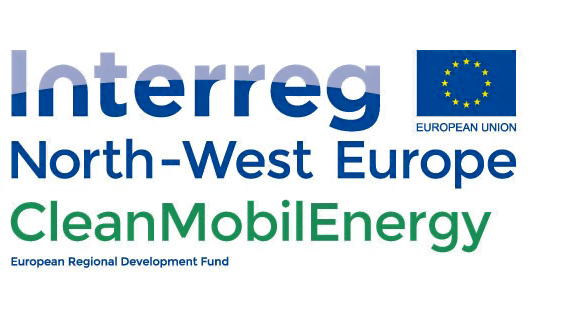The European City Air Quality viewer: a reminder of the road ahead
Data shows us that air quality remains the single largest environmental health risk in Europe. The European Environment Agency (EEA) launched the European City Air Quality viewer, ranking EU cities based on their levels of fine particle matter, showing us the necessity to addresses major challenges and developments in the field of clean and sustainable transportation.
The European Environment Agency (EEA), which provides support to sustainable development research and action, has developed one of the world’s most comprehensive air quality monitoring network and has published its findings on June 17th. With data taken from over 400 monitoring stations over the past two years, the EEA was able to define the level of fine particle matter in over 300 cities across the European Union. This comprehensive air quality monitoring network allowed to develop a ranking of European city's air.
Cities are ranked based on 4 categories:
- good (for levels of fine particle matter under10 μg/m3)
- moderate (for levels from 10 to below 15 μg/m3)
- poor (for levels from 15 to below 25 μg/m3)
- very poor (for levels at and above 25 μg/m3).
The ranking shows us that over half of the European cities included in the mapping, are over the the health-based guidelines for long term exposure to fine particle matter defined by the World Health Organization (set at 10 μg/m3.) Fine particulate matter is the air pollutant with the highest impact on health in terms of premature death and disease. Long term exposure to air pollution can cause serious health effects, ranging from type 2 diabetes to systemic inflammation and Alzheimer’s disease. Access the air quality of your city here.
If the European Environment’s Agency (EEA) findings is a wake up call, it is also a reminder of the progress achieved over the years and the road that lays in front of us to improve air quality. At POLIS we take this topic very seriously, sharing best practices and exchanging knowledge on reducing transport-related emissions in our Clean Vehicles & Air Quality Working Group.
The working group addresses major challenges related to air quality and current developments in the field of clean and sustainable transportation within our cities. Through the group, POLIS partners with the European Commission’s Sustainable Transport Forum, European Electromobility Platform, the Advisory Group on Vehicle Emission Standards, and has joined 2Zero public-private partnership as an associate member.
In addition, to move more people and goods using electricity and develop policies, programmes and initiatives that support synergies between the transport and energy sectors, POLIS works on the Platform for Electromobility. This platform unites organisations from across civil society, industries, and transport modes. Its members are committed to promote electro-mobility and strive to collectively develop solutions to electrify European transport, and to promote those solutions to the EU institutions and Member States.




